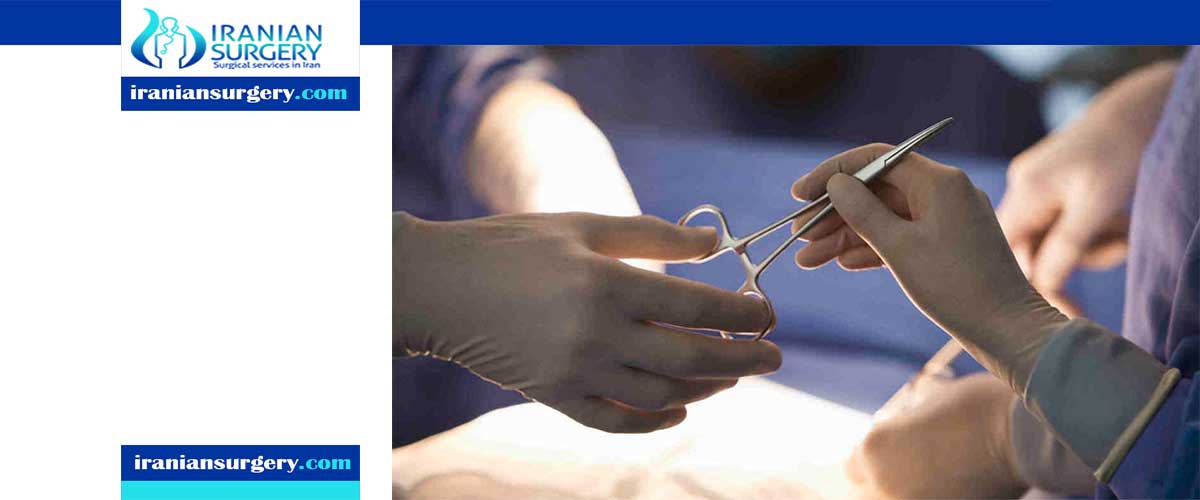rectal abscess antibiotics

Can perianal abscess be treated with antibiotics?
Perianal abscess antibiotics
What is the best treatment for perianal abscess?
What causes perianal abscess?
How do you treat a perianal abscess without surgery?
Can perianal abscess be treated with antibiotics?
Most perianal abscesses develop spontaneously in completely healthy children. Many naturally start to drain and heal, but some may need treatment with frequent baths and antibiotics. Others may need to be treated with a small operation. Some perianal abscesses may not heal completely, with or without surgery. Antibiotics are often not enough to cure an abscess. If an abscess is larger than a grape, it will not heal with antibiotics alone & requires drainage of the pus to allow the infection to drain. Abscesses can form near the anus, often just inside where an anal crypt gland gets plugged & and abscess can form.
Read more about: What is a fistula and what causes it?
Read more about: Can you pop a perianal abscess?
Perianal abscess antibiotics
Febrile, neutropenic, or diabetic patients or those with marked cellulitis should also receive antibiotics (eg, ciprofloxacin 500 mg IV every 12 hours and metronidazole 500 mg IV every 8 hours, ampicillin/sulbactam 1.5 g IV every 8 hours). Antibiotics are not indicated for healthy patients with superficial abscesses.
Read more about: Anal abscess treatment
Read more about: Rectal Prolapse
Read more about: Rectal bleeding
What is the best treatment for perianal abscess?
Surgical incision and drainage is the most common treatment for all types of anal abscesses and is usually successful. About 50% of patients with an anal abscess will develop a complication called a fistula. A fistula is a small tunnel that makes an abnormal connection between the site of the abscess and the skin.
Your abscess can be treated by draining the pus from the infected cavity. This is performed under a general anaesthetic in the operating theatre. The surgeon can check where the abscess is, drain it effectively and prevent it returning
Surgery is often the only way to treat the abscess and remove all the infected tissue. However, some may spontaneously drain by themselves and not need any surgery. Your surgeon will discuss the options with you.
What causes perianal abscess?
An anal abscess can have many different causes. These include:
- An anal fissure, a tear in the anal canal, that becomes infected
- Sexually transmitted infections
- Blocked anal glands
Risk factors for anal abscesses include:
- Colitis
- Inflammatory bowel disease such as Crohn's disease or ulcerative colitis
- Diabetes
- Diverticulitis
- Pelvic inflammatory disease
- Being the receptive partner in anal sex
- Use of medications such as prednisone
For adults, using condoms during sexual intercourse, including anal intercourse, can help prevent anal abscesses. For infants and toddlers, frequent diaper changes and proper cleaning during diaper changes can help prevent anal fistulas and perianal abscesses.
Read more about: Rectal Cancer Stage 3
Read more about: Rectal Cancer Symptoms
How do you treat a perianal abscess without surgery?
Anal abscesses rarely go away without treatment. The most common and simple treatment is for your doctor to drain the pus from the infected area. This can usually be done in the doctor's office. Your doctor will use medicine to numb the area. Place a maxi pad or gauze in your underwear to absorb drainage from your abscess while it heals. Sit in 8 to 10 centimetres of warm water (sitz bath) for 15 to 20 minutes 3 times a day. Do this as long as you have pain in your anal area. Apply ice several times a day for 10 to 20 minutes at a time.
Read more about: rectal abscess cause
Read more about: rectal cancer causes
Read more about: Rectal Cancer Staging


4 Comments
I want to see if antibotics can fix my rectal abscess see I have pain and can no surgery I have to go work no of days
Hello. Rectal abscess antibiotics can be effective. But the point that should be considered in the use of antibiotics for anal infection is what is the best antibiotic for rectal abscess and to what extent will the use of antibiotics affect anal abscess or rectal abscess? Infection is a common symptom of many anal diseases, including abscesses, fistulas, hair cysts, and others. Taking antibiotics alone can not cure anal complications, but it can reduce the incidence of infection and inflammation by reducing the amount of infection and inflammation. Immediate treatment of the infection with antibiotics prevents the person’s anal disease from becoming acute. The use of antibiotics for this purpose should be done regularly and regularly. Metronidazole, ciprofloxacin, ampicillin, or sulbactam are the most common antibiotics prescribed.
rectal abscess have cure? antibiotics? if yes what i take to make better?
Hi. Metronidazole, ciprofloxacin and ampicillin/sulbactam are usually prescribed for rectal abscess antibiotics. Be careful that the use of antibiotics alone cannot cause anal complications, but it can reduce the rate of reduction and the person suffering from the disease will be faced with it. Immediate treatment of the crisis with those antibiotics will prevent the anal disease from becoming acute. The use of antibiotics for this purpose should be done continuously and regularly.